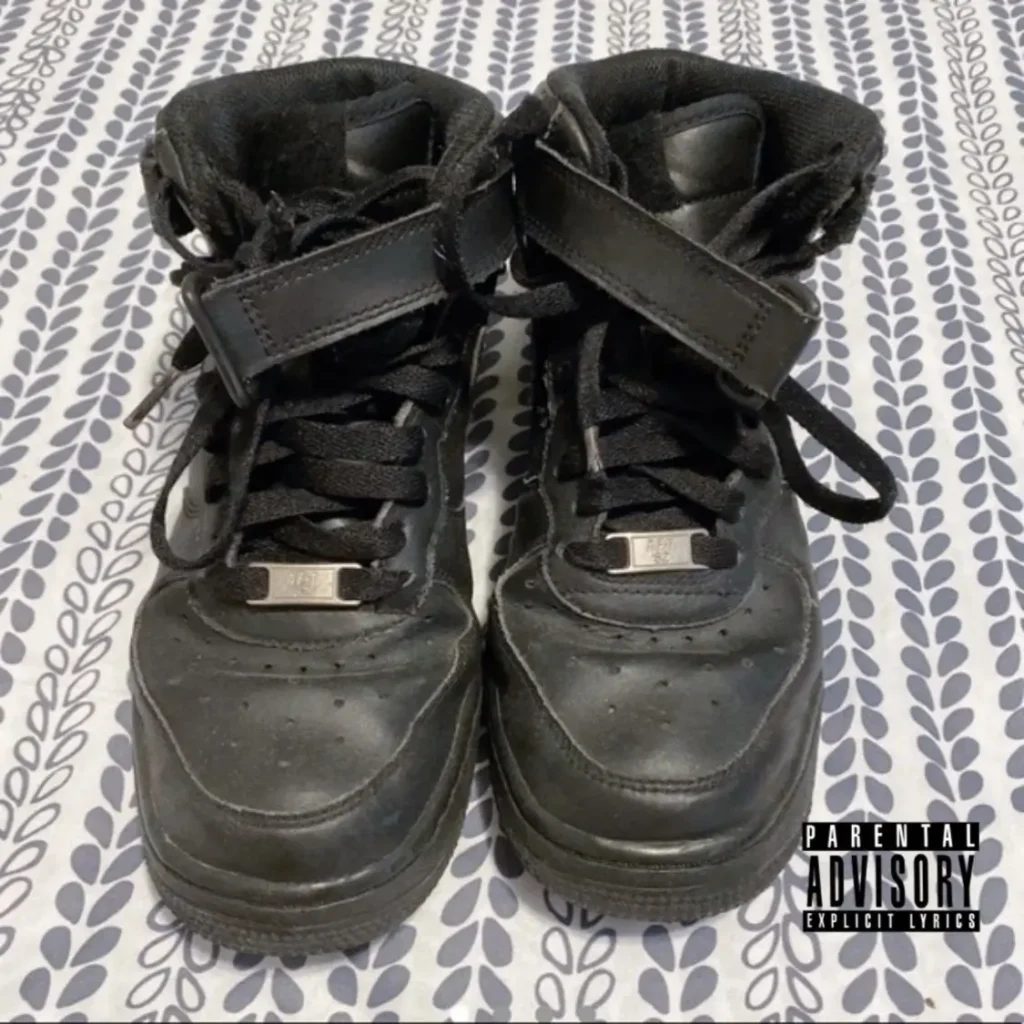There are albums that feel like products, meticulously assembled, smoothed down, calibrated for Spotify algorithm friendliness and then there are albums that feel like someone just slammed their whole life onto a hard drive and dared you to keep up. Keep On, the new album from British rapper Leo Tea, sits closer to the latter. The record arrives buzzing with restless energy, stitching together drill, pop-rap, and even flashes of club euphoria into something that feels messy, kinetic, and weirdly inspiring.
At its heart, Keep On is an album about momentum. The title track makes that clear: an energetic pop-rap anthem that refuses to stand still. Leo Tea delivers assertive, almost swaggering verses over a beat that sounds like drill given a stadium-sized glow-up. It’s motivational in the same way a locker-room speech is motivational; it’s not subtle, not profound, but loud, brash, and exactly what you need if you’re trying to convince yourself that getting out of bed on a Monday counts as a heroic act.
But what makes Keep On more interesting than just another drill-adjacent motivational tape is the way it keeps veering off in strange, colorful directions. The album’s opening track, Pyro, might be the most distinctive cut here. Built around a chipmunk-soul sample flipped into a drill framework, it’s almost comically bright, like someone dared Leo Tea to make the happiest drill beat in Britain and he leaned into it with reckless abandon. It shouldn’t work, but it does, precisely because it treats the clash of moods not as a problem to be solved but as a feature. Leo raps with the same gritty cadence you’d expect from the genre, but the beat is practically bubbling over with cartoonish joy, making for a collision that’s equal parts exhilarating and absurd.
From there, the record oscillates between familiar drill tropes and more experimental detours. Demon You Know sits firmly in the former camp. With its lowkey menace and sparse production, it feels like a cousin to Fivio Foreign’s brand of understated intimidation rap. Leo doesn’t reinvent the wheel here, but he doesn’t need to; it’s the kind of track that rides a mood more than it constructs one, and its chilly vibe provides a necessary counterbalance to the album’s flashier moments.
Screw Loose, on the other hand, is one of those flashier moments. The beat veers into outright club territory, pulsing with synths that wouldn’t feel out of place in a Tiësto set circa 2012. It’s not drill, not really pop, but something in between—a deliberately hybrid space where Leo sounds like he’s testing how far his style can stretch before it snaps. The result is divisive: some listeners will hear it as a bold, risk-taking pivot; others will roll their eyes at the EDM gloss. But either way, it’s hard to deny it makes the album feel bigger, less hemmed in by genre rules.
And then there’s The Lonely Road, the closer, which functions like an epilogue. Where much of the record is brash, full of forward-charging bravado, The Lonely Road slows down into something more contemplative. The drill beat here is brooding, almost skeletal, giving Leo’s introspective verses room to breathe. The ending of the chorus line “shoutout to the ones living on the lonely road” lands less like a hook and more like a mantra, the kind you might mumble to yourself in the mirror when no one else is listening. It’s a reassuring moment, almost tender, and it gives the album an unexpected emotional core. For a record that often feels chaotic, closing on that note makes the whole journey feel intentional.
If there’s a critique to be made of Keep On, it’s that the album sometimes trips over its own eclecticism. For every track that feels like a clever experiment, there’s another that risks sounding like a grab bag of Spotify-core influences. The Tiësto-like gloss of Screw Loose is fun but might strike some as gimmicky; Demon You Know is atmospheric but perhaps can be a bit too skeletal to stand out. Still, the fact that Leo Tea is willing to take these risks on a debut is telling. He’s not interested in playing it safe, and while the results are uneven, they’re never boring.
What unites the record is Leo Tea’s personality; loud, cocky, occasionally introspective, but always present. He raps like someone who knows he hasn’t quite figured it all out yet but isn’t about to let that stop him from trying. There’s a brash sincerity to the whole project, a refusal to sand off the rough edges, that makes it oddly compelling. In an era where too many rap records feel engineered to sound like background music for TikTok dances, Keep On is unapologetically foreground. It demands your attention, even if it occasionally stumbles under the weight of its own ambition.
Ultimately, Keep On is less about delivering a perfect, polished product and more about proving that Leo Tea has a vision worth paying attention to. The record swings between chipmunk-soul experiments, club escapades, straight-up drill, and motivational pop-rap anthems, but through it all, it insists on movement. As debuts go, it’s messy, inconsistent, and thrilling; all the things a first statement of intent should be. And that might be the most honest thing about it: Leo Tea isn’t asking you to believe he’s already fully formed. He’s telling you to watch him keep on.
Follow Leo Tea
Promoted Content
About the Author

A tenured media critic known working as a ghost writer, freelance critic for publications in the US and former lead writer of Atop The Treehouse. Reviews music, film and TV shows for media aggregators.






